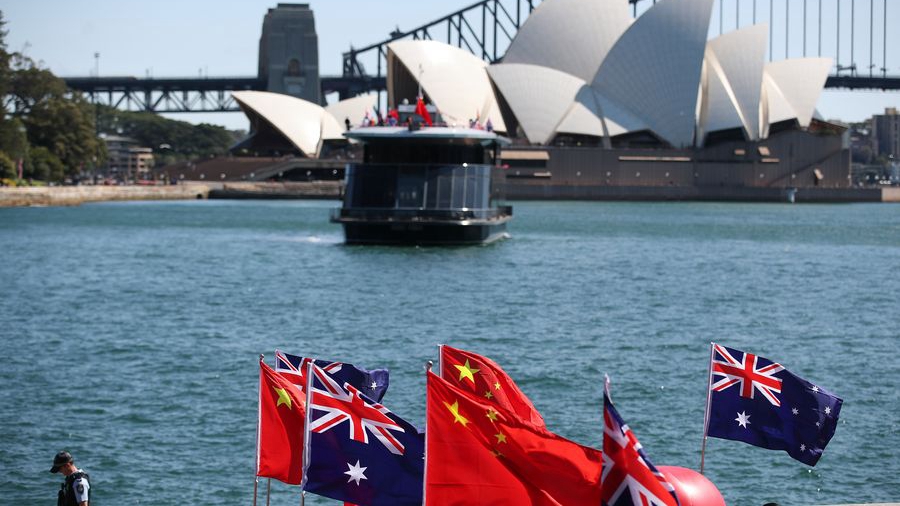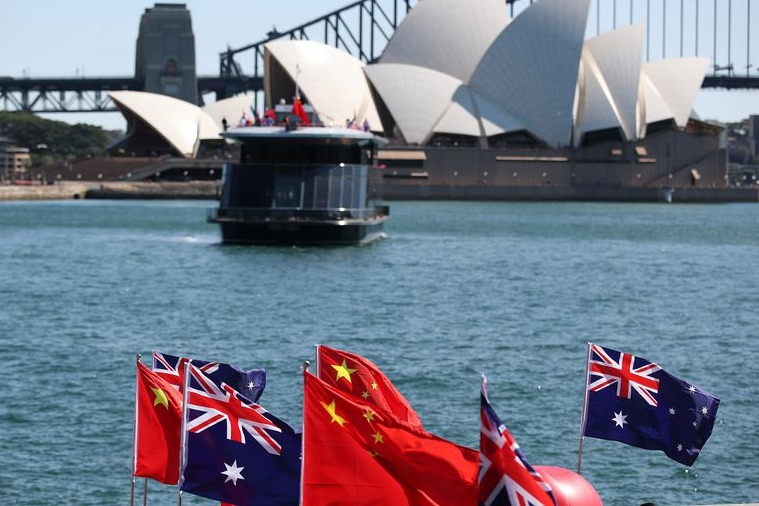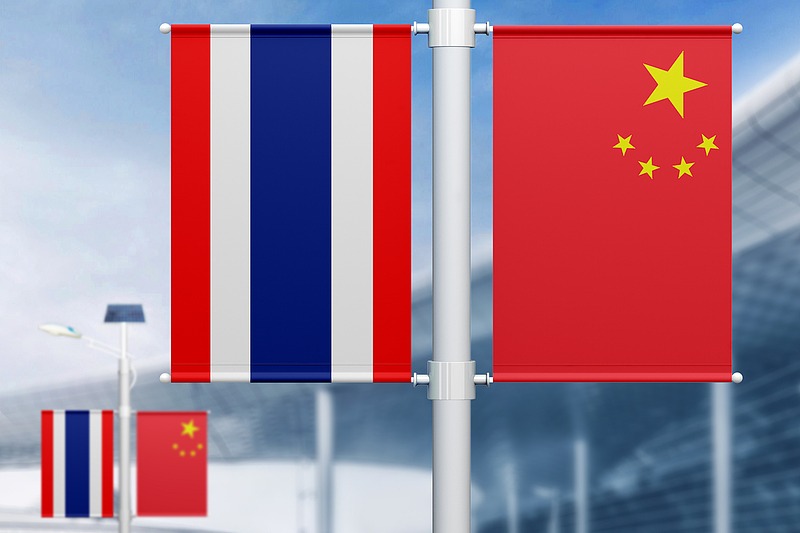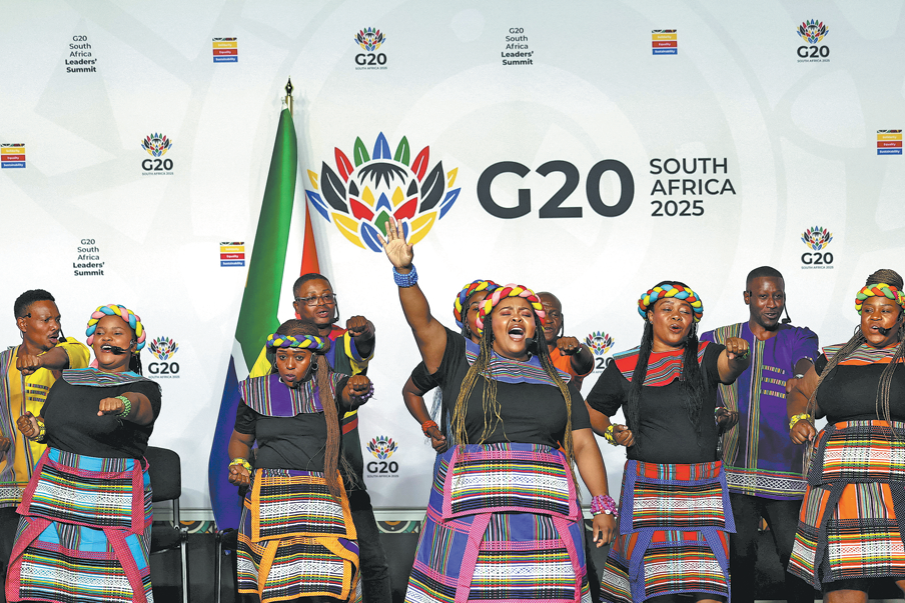Australian public favors stronger China ties: Poll


Major Australian attitudes toward China have reached their most positive levels in five years, with clear public preference for greater strategic autonomy amid a shifting geopolitical environment, a nationwide poll has found.
Experts say the trends reflect improving public sentiment for Australia-China ties and signal a more favorable outlook for bilateral cooperation.
The 2025 UTS: ACRI/BIDA poll, conducted by the Australia-China Relations Institute, the University of Technology Sydney, and the Centre for Business Intelligence and Data Analytics under the university's Business School, surveyed 2,045 Australian adults online, with the findings released on Nov 18.
According to the poll, 71 percent of Australians believe their country should continue building stronger connections with China. That share had hovered around 61 percent over the previous four years before rising sharply this year.
Recognition of the benefits of the bilateral relationship also recorded a significant jump, with 72 percent of respondents recognizing the beneficial ties — an increase of 10 percentage points year-on-year. The figure had fluctuated between 58 and 63 percent from 2021 to 2024 "before this clear upward shift", the poll's authors said.
A new question in this year's poll found that 77 percent of those surveyed said Australia should make its China policy decisions independently "even when they differ from the United States preferences".
Elena Collinson, one of the authors and head of analysis at the Australia-China Relations Institute, told China Daily that the result reflects a strong public preference for autonomy in foreign policymaking.
"The large majority supporting independent policy indicates that Australians value the alliance with the US while also seeking policy space to manage China relations on their own terms," Collinson said. "It points to a pragmatic middle position, a confidence that Australia can navigate its interests without automatically aligning with the preferences of any other state."
Rising belief
The survey also found a rising belief that the US will pressure Australia to choose sides, with more respondents saying Washington will use economic leverage.
"This appears linked to the broader strategic uncertainty Australians are observing," Collinson said. "Rather than signaling a shift toward either China or the US, these results point to a more skeptical and risk-aware assessment of all major-power behavior, along with a stronger preference for Australia maintaining clear decision-making autonomy."
Asked why a survey on Australia-China relations included questions about the US, Collinson said that attitudes toward the US are an important part of the broader strategic environment Australians take into account.
"This year's results show that Australians are assessing both major powers with increasing independence, and perceptions of US behavior — whether positive or negative — form part of the backdrop against which people consider Australia's approach to China," she said.
The poll also showed strong public support for cooperation with China, with 78 percent of respondents supporting working with China on global challenges such as climate change and global health.
Some 70 percent agreed that Australia should work with China on developing low-emissions technologies, and 60 percent supported cooperation on international artificial intelligence safety rules and digital governance.
James Laurenceson, director of the Australia-China Relations Institute, said this is because "Australians recognize that cooperation with China brings benefits".
Growing recognition
There is a growing recognition in Australia that China is a world leader in more and more industries, notably electric vehicles, in recent years, Laurenceson said.
"Australian households are voting with their wallets and making it clear that they see Chinese companies' offerings ticking their price and quality boxes," he said, adding that the outlook for bilateral ties is "more cause for optimism than pessimism".
"Of course, there will always be ups and downs from individual goods and industries. But scanning the horizon, I still see China remaining Australia's most complementary trading partner. So, the fundamental economic driver of trade will remain in place," he said.
There was also bipartisan political consensus in Australia that more trade with China is "beneficial for Australia's national interest", he added.
"The broader Australian public supports that consensus too."
The key to maintaining the current positive momentum in bilateral relations lies in managing differences, Laurenceson said.
"Both sides need to work hard to reassure the other that strategic differences will be managed and that trade will not be used as a geopolitical weapon when differences in the strategic realm arise."
Referring to China's newly released recommendations for formulating its 15th Five-Year Plan (2026-30) and high-quality development goals, he said energy transition sectors present new cooperation opportunities, while significant potential remains in traditional trade areas.
"There's still scope for Australia to expand exports of high-quality agriculture and services like tourism and education to China," he said, adding that China is also increasingly exporting tourism services to Australia.
xinxin@chinadaily.com.cn
































